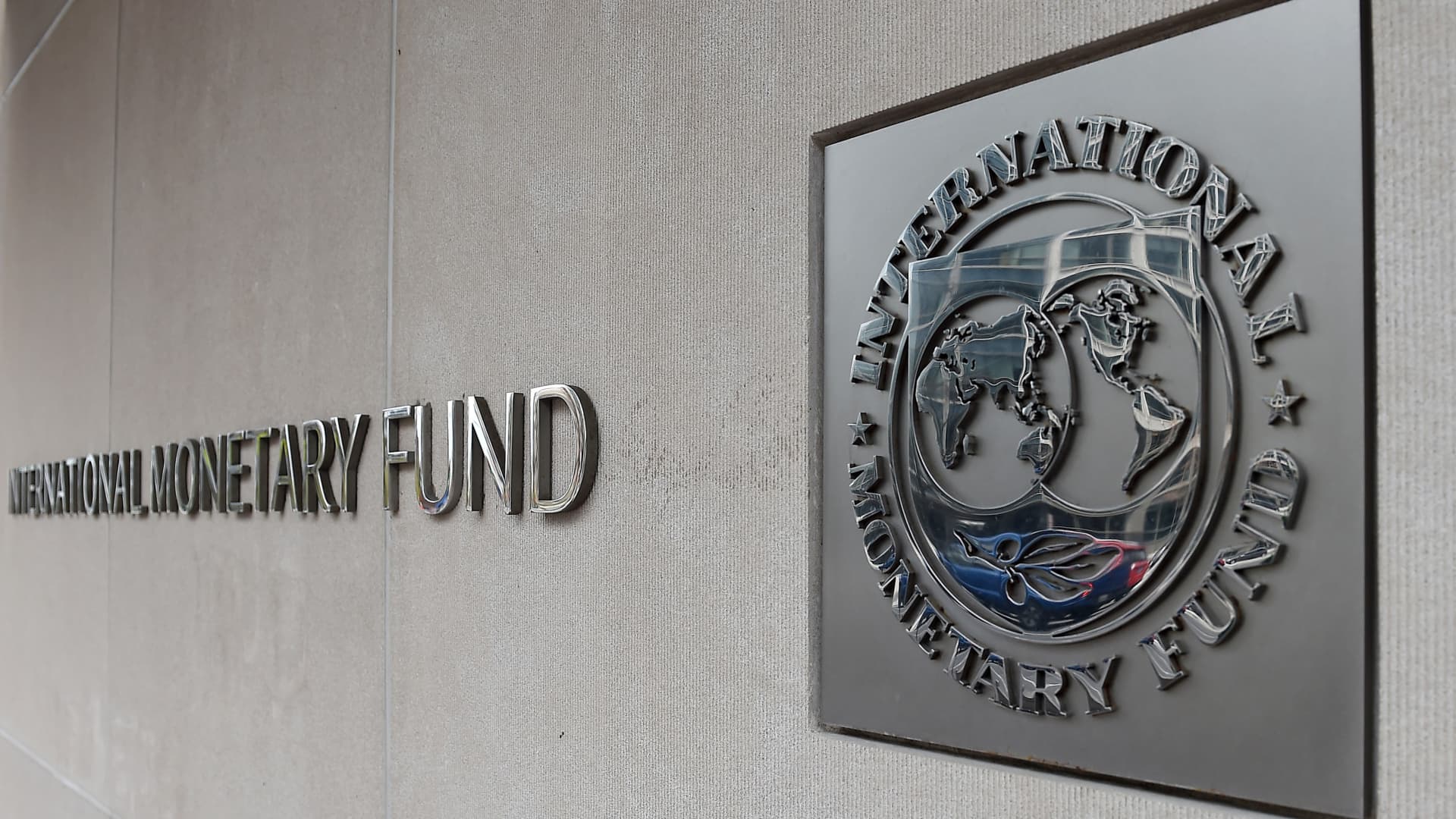
Asia-Pacific has more to lose than any other region if the global trade system splits up in the wake of geopolitical tensions, the International Monetary Fund warned.
Asia and Pacific countries could lose over 3% in gross domestic product if trade is cut off in sectors hit by recent U.S. chip sanctions on China and if non-tariff barriers in other areas are raised to “Cold War-era levels,” the IMF said in research released on Friday.
That’s twice the amount of projected global annual losses.
Sectors in Asian countries forced to contract because of reduced trade could suffer average employment losses of as high as 7%, the IMF added.
“When we talk about progression from rising trade uncertainty and more restrictive measures, [it] will eventually escalate into fragmentation where the world is divided,” Krishna Srinivasan, director of the Asia and Pacific Department at the IMF, said at a press conference in Singapore on Friday.
Asia has more to lose than any other region if the global trade system splits up, the International Monetary Fund warned.
Olivier Douliery | Afp | Getty Images
“Asia risks losing a lot because it is a key player in global supply chains and in a fragmented world, it risks losing more than anybody else.”
U.S.-China trade tensions
Signs of global fragmentation emerged during the trade war between the U.S. and China in 2018. But more worrying signs, such as the Russia-Ukraine war, have since emerged. Sanctions on Russia have added even more uncertainty around trade relations, the IMF said.
Policy uncertainty around trade, not just the restrictions themselves, could hamper economic activity as firms pause hiring and investments and new firms postpone entries into markets, the IMF said.
For example, the IMF found that 2018 U.S.-China trade tensions reduced investments by about 3.5% after two years.
The impact of trade fragmentation is greater for emerging markets in Asia and for firms with high debt.
The IMF said while its research focused on the impact of fragmentation on trade, there could be other deeper downsides, such as the “unraveling of financial ties.”
“Financial fragmentation may lead to short-term costs from a rapid unwinding of financial positions, and long-term costs from lower diversification and slower productivity growth because of reduced foreign direct investment,” the IMF said.

The international body is urging countries to roll back damaging trade restrictions and reduce uncertainty through clearer communication of policy objectives.
“Greater emphasis can be placed on digitalization, investing in education … but most importantly, international cooperation, because we want to avoid the risk of fragmentation … it’s important that we all act now, act together,” Srinivasan said.
Capital flows
There have been concerns over capital flows out of Asia as interest rates in the region lag behind those of the United States. But so far, they are still “manageable,” Srinivasan said.
The situation in Asia has been mixed, Srinivasan added.
“For example, we saw a lot of capital flow for India, we saw capital flows for Taiwan, China, and moderate flows from Indonesia, moderate flows for Malaysia, but we saw some net inflows into Thailand. And more recently, we see flows back into India. So the picture is a bit mixed,” he said.
